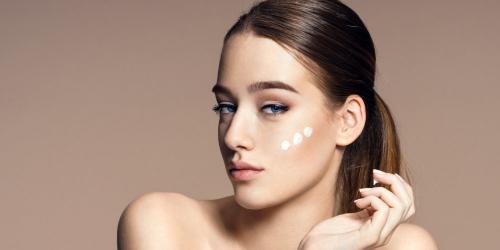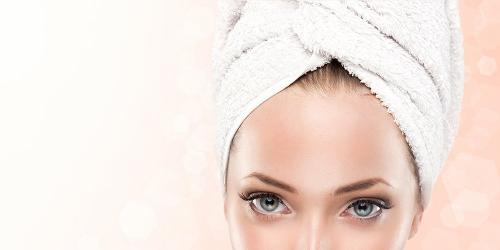For several decades now, cosmetics brands have adopted a sustainable development policy : replanted forests, rare preserved species, empowered populations ... and now, we are interested in marine flora and fauna .
"The balance sheet is distressing," says Séverine Roullet-Furnemont, CSR manager at Pierre Fabre. "Over the last 30 years, 30% of coral reefs have been irreversibly lost, but these are essential for the survival of the marine eco-system, as 25% of marine species live in close dependence on coral."
The responsibles ? Water- soluble sunscreens and non-biodegradable silicones : "25,000 tonnes of sunscreen products are spreading every year in the oceans," says Angélique Labbé, head of the Algotherm Care Group. "Faced with these alarming findings several brands have taken drastic measures."
Some UV filters on the dock
"Some filters are potentially dangerous for marine life," confirms Pierre Louis Delapalme, CEO of Biologique Recherche.
When bathing 25% of the applied cream is dispersed in the water.
"And each 'family' of filters has its own nuisance, chemical filters are suspected of activating a virus that attacks microalgae, foods favored by corals, and they remain suspended in the water, impede photosynthesis and They are even more disruptive to their nutrition, and mineral filters are accused of making lymphatic fish! "
Other specialists also accuse the latter, reduced in nanoparticles of being deposited on the coral and to smother it.
Eco-responsible solar energy to the rescue
Scientists have therefore worked to formulate effective protections that are less aggressive for the environment.
"At L'Oréal Paris, we have made our flagship filter the eco-responsible Méxoryl SX® by replacing environmentally harmful solvents with easily recyclable 'green' solvents ," explains Elisabeth Bouhadana, Director of Scientific Communication.
At Algotherm, for example, only natural filters (titanium dioxide or zinc) are used. "Their level of protection is further optimized by two plants: a red algae and a karanja oil which, for one protects UVA and the other UVB," says Angélique Labbé.
The Avène brand, in addition to its very strict formulations (few filters, no water-soluble filters, no silicones) goes even further by participating in the restoration of corals in Indonesia and the development of sustainable coralliculture .
As for the Biologique Recherche brand, it offers a single SPF25 protection based on dioxides without nano particles , but with natural protectors (rice extracts, pink coralline and Karanja oil).
Finally, at Phytomer, it is a blue micro-alga that is used to neutralize the harmful effects of UV .
Nevertheless it is necessary to keep because, as the cosmetologist Lionel de Benetti emphasizes, "if the filters can be toxic in lagoons, lakes, backwaters ... I assure you that in Brittany for example, with tides, winds , waves, the solar can hardly do damage and the lobsters are doing well! "
Here we are-almost-reassured.



